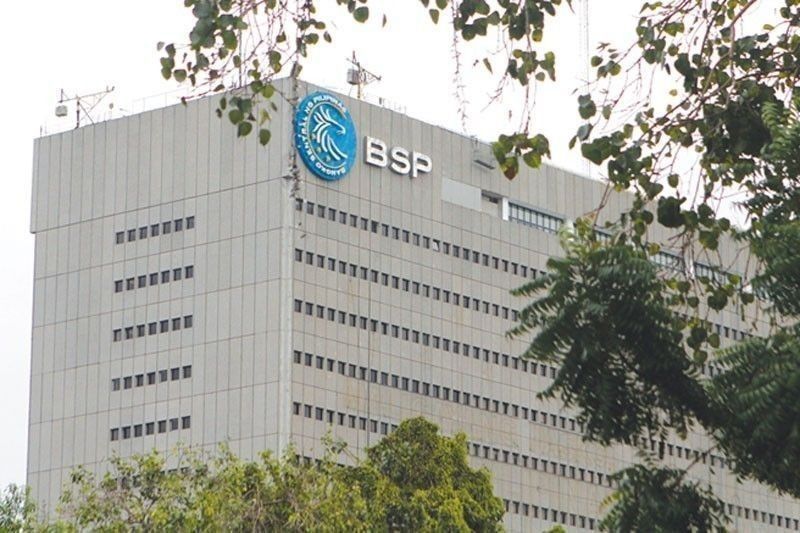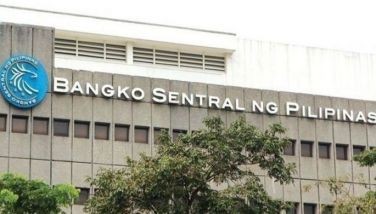BSP ramps up pilot test of digital currency

MANILA, Philippines — The Bangko Sentral ng Pilipinas (BSP) is ramping up the pilot testing of its wholesale central bank digital currency (CBDC) as it picked Hyperledger Fabric as the distributed ledger technology (DLT) to be used under Project Agila.
By the end of Project Agila, according to BSP Governor Eli Remolona Jr., the pilot participants are expected to have a clearer understanding of CBDC technology and can assess the capability of wholesale CBDCs to foster advancements in the large-value payment system.
“The results of the assessment are seen to guide the BSP and the industry on a possible launch of wholesale CBDCs in the Philippines,” Remolona said.
Project Agila, formerly known as Project CBDCPh, aims to orient the BSP and participating financial institutions on CBDC technology solutions that have the potential to enhance the country’s large-value payment system.
CBDCs are a form of digital money denominated in the national unit of account and are direct liabilities of the central bank. Wholesale CBDCs may be issued to commercial banks and other financial institutions to settle interbank payments, securities transactions, and cross-border payments, among others.
Participating financial institutions include Sy-led BDO Unibank Inc. and China Banking Corp., state-run Land Bank of the Philippines, Yuchengco-owned Rizal Commercial Banking Corp., Aboitiz-led Union Bank of the Philippines, and Maya Philippines Inc.
Observing financial institutions for succeeding stages are Citibank N. A. Manila, China Bank Savings, Wealth Development Bank Corp., and SeaBank Philippines Inc.
With assistance from select financial institutions, the BSP decided on DLT as this technology allows data and transactions to be recorded, shared, and synchronized across a distributed network of different participants.
This would be a useful mechanism for testing Project Agila’s use case scenario of enabling inter-institutional fund transfers even during off-business hours or when PhilPaSSplus is unavailable.
Hyperledger Fabric was selected through a rigorous process that included system demonstrations, walkthrough procedures, and a scoring system, covering the systems’ access, security, 24/7 availability, interoperability, and programmability.
After the selection of the technology for the project, participants will test the use of wholesale CBDC technology alongside PhilPaSSplus in a sandbox environment.
“With the goal of further enhancing the efficiency and safety of the national payment system, we will use learnings from the project as input for crafting BSP’s wholesale CBDC project roadmap,” Remolona explained.
The central bank also collaborated with multilateral organizations, such as the International Monetary Fund (IMF) and the Bank for International Settlements (BIS) Innovation Hub, on the technical, risk management, and governance aspects of the pilot CBDC project.
Last year, the BSP launched the Project CBDC to better understand the opportunities of wholesale CBDC, as well as address gaps in the national payment system. It covers areas including policy and regulatory considerations, technological infrastructure, governance and organizational requirements, legal matters, payment and settlement modes, reconciliation procedures and risk management.
The BSP is focusing on the wholesale aspect of CBDCs as it is mainly restricted to banks and other financial institutions. Retail CBDCs are intended for the general public.
Under its Digital Payments Transformation Roadmap, the central bank aims to shift 50 percent of total retail transactions to electronic channels and increase the number of Filipino adults with bank accounts to 70 percent before the end of 2023.
- Latest
- Trending






























